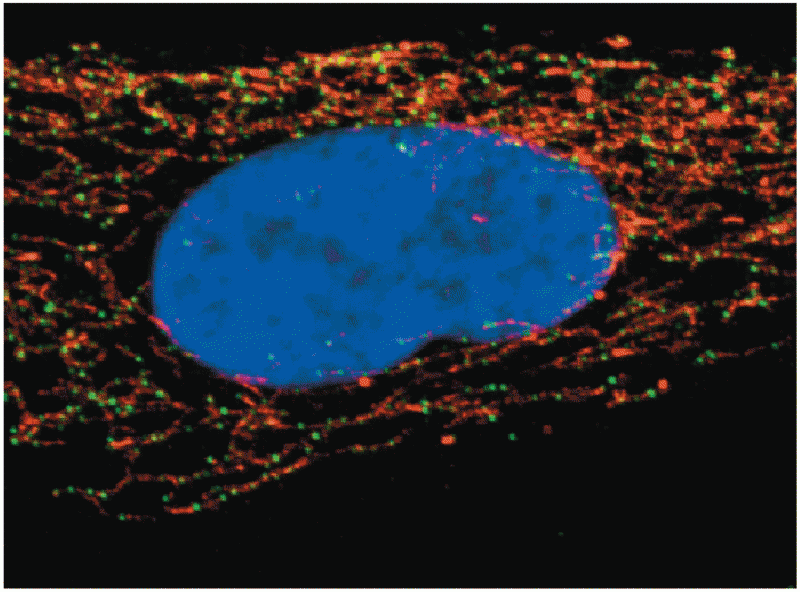|
|
|
The familiar sounds of your heart are made by the heart's valves as they open and close.
The liver is the only organ that has the ability to regenerate itself after certain types of damage. As much as 25% of the liver can be removed, and it will still regenerate back to its original shape and size. However, the liver cannot regenerate after severe damage caused by alcohol.
On average, the stomach produces 2 L of hydrochloric acid per day.
Aspirin is the most widely used drug in the world. It has even been recognized as such by the Guinness Book of World Records.
When Gabriel Fahrenheit invented the first mercury thermometer, he called "zero degrees" the lowest temperature he was able to attain with a mixture of ice and salt. For the upper point of his scale, he used 96°, which he measured as normal human body temperature (we know it to be 98.6° today because of more accurate thermometers).







